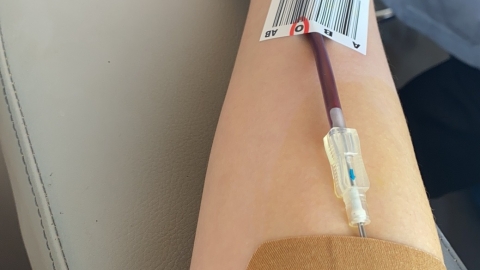Is there an age limit for blood donation?
There are age restrictions for blood donation, generally between 18 and 55 years old. Donors over 55 who meet health requirements may voluntarily extend their eligibility up to 60 years of age. Detailed explanation is as follows:

Eighteen years old is generally the stage at which human body growth and development are largely completed. At this age, blood donation typically does not affect the donor's organ function or physical development. As people age, bodily functions and overall health may decline. After age 55, various physiological functions decline, and blood donation may increase the risk of adverse reactions and complications such as dizziness and fatigue, which are detrimental to health.
In certain special cases, citizens who are in good health, have a strong willingness to donate blood, and have undergone rigorous medical examination and evaluation may have the upper age limit appropriately extended to 60 years. However, even in such cases, it is essential to ensure that the individual's physical condition can tolerate the blood donation process and avoid potential adverse reactions.
Before donating blood, individuals must confirm their health status and follow the recommendations of healthcare professionals.










